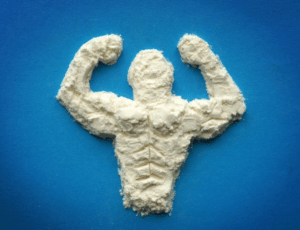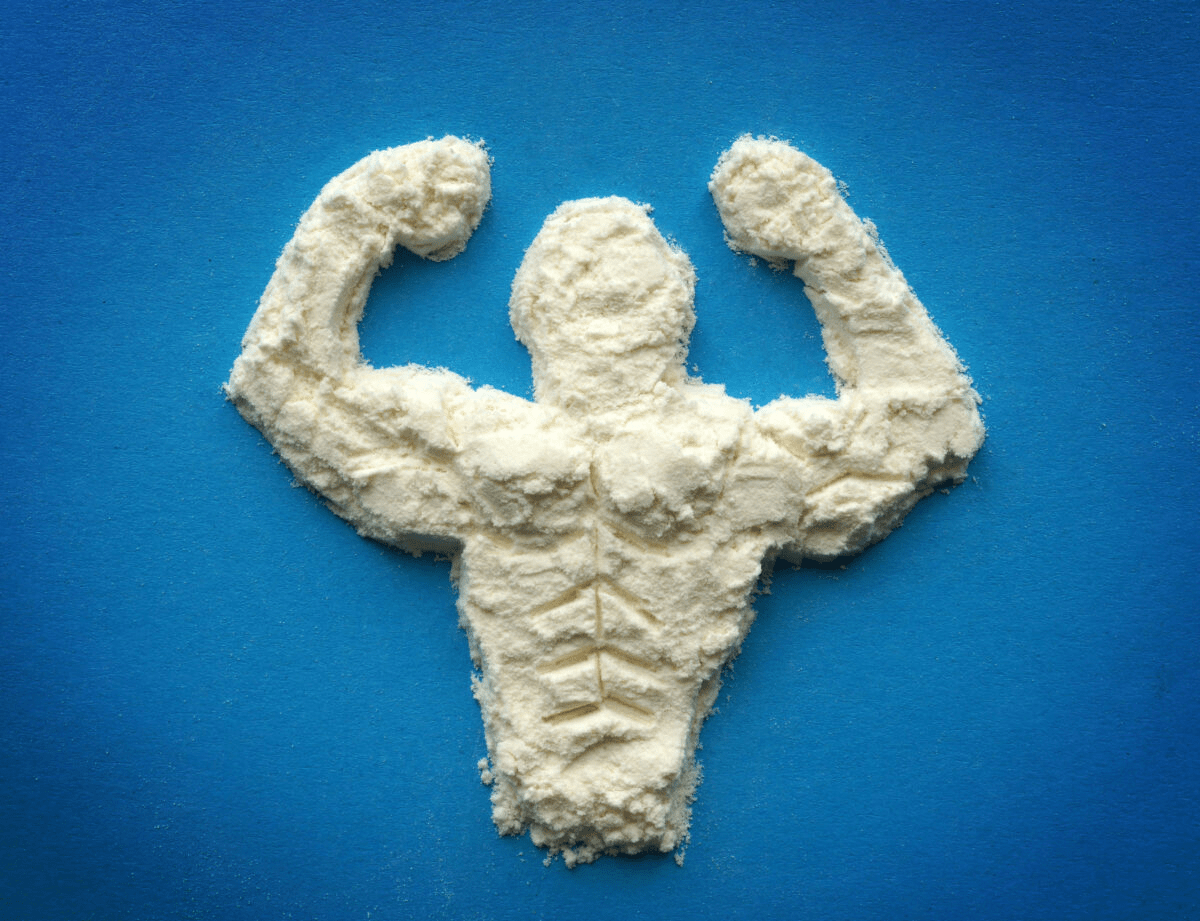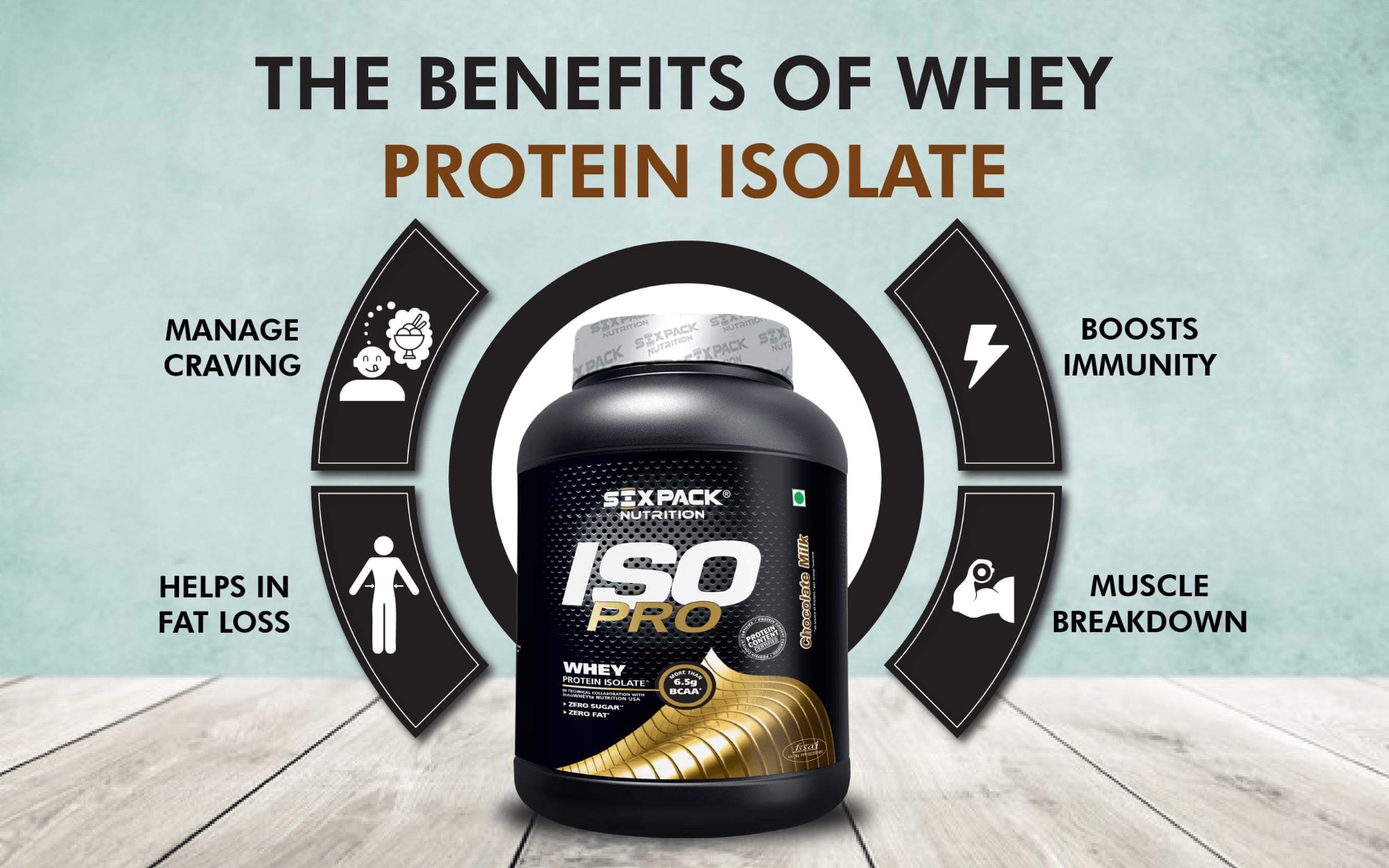
Protein is an essential nutrient that provides energy, metabolism, and all the proteins our body needs to build and repair muscles. It is also responsible for the maintenance of tissues and cells. A diet with high protein levels can be used for weight loss, as protein has been proven to aid in fat oxidation, which in turn lowers your overall cholesterol and glucose levels. There are a plethora of protein sources available, from eggs and milk to fish and cheese, but for those who are allergic to these sources or unable to eat meat or fish for religious reasons protein is the best solution for achieving protein in a diet.
To achieve protein importance in a diet you should aim to eat five portions of protein per day. Foods rich in protein are also very good for you, including lean red meats, chicken, fish, lentils, nuts, pulses, and vegetables. Protein is the most important nutrient for building and repairing muscles after a workout and also helps in the growth of bones and teeth. If you are trying to lose weight you should be eating protein to help boost your metabolism. Many diets with protein focus on protein alone but if you are looking to gain muscle weight and muscle tone and lose fat then you need to include carbs, fats, and complex carbohydrates in equal amounts with protein.1
With the variety of protein sources available it can be a struggle to meet your protein intake requirements on a daily basis. That’s why many people turn to protein supplements to help meet their protein needs. It is difficult to find protein-rich foods and often have to resort to protein supplements to help satisfy their protein needs. Protein supplements come in a variety of forms which can be made into powders, drinks, and food bars. Protein supplements can help to provide protein to athletes and bodybuilders and to those who cannot eat enough protein.
How Much Whey Protein Is in a Protein Bar?
Protein bars are very popular because they come in handy when trying to lose weight or maintain lean muscle mass. They offer an easy, quick way to get the amount of protein you need to stay healthy. Just how much whey protein is in a bar? The amount depends on what kind of protein bar you buy, but the following details should help give you a better idea.
The whey protein content is calculated based on the number of grams of protein per serving. Each serving size contains a specific amount of whey protein. All whey protein products are not the same. Many brands, such as Optimum Nutrition or EAS Gear, use only the highest grade of whey protein. Some manufacturers, such as GNC, use a mix of whey protein that may not be consistent with the other ingredients. Calculating how much whey protein is in a bar will depend on the brand of whey and the amount of protein per serving.2
If you’re a serious bodybuilder or athlete, you should always check with your physician before assuming how much whey protein is in a bar. If you do not eat a balanced diet, you may have to add extra protein to compensate for your lack of nutrition. In this case, look for a whey supplement that comes pre-packaged and has all of the necessary vitamins and nutrients. Be sure to read any label information (on the box, or online) to ensure that there is no harmful filler. If you’re unsure, visit your doctor or health store and ask for advice.
What is Whey Protein?
Whey protein isolate is a powdery substance that is derived from whey protein. This is mixed with water and yeast to make it into a fine powder that may be dissolved in a small amount of water or milk. The powder may then be mixed with a small amount of milk and stirred until the rennet dissolves completely and the whey protein is left.3 The whey protein then goes through a filtration process in order to remove all traces of cheese or milk solids that were not dissolved before filtering. The filtered whey protein is used as a dietary supplement, usually mixed with water or milk to make a delicious shake that helps boost energy.
Some people have digestive difficulties, making it difficult for them to digest whey protein effectively. Lactose intolerant people may experience symptoms when they consume whey protein isolate because the sugar in the milk or cheese blends with the whey protein. Symptoms may include stomach cramps, bloating, and diarrhea. Since whey protein isolates do not contain lactose, this also makes them a great alternative for lactose-intolerant people. They are also a safe and affordable alternative to cow’s milk.4
What Are the Benefits of Whey Protein?
What are the benefits of whey protein? Protein is a very important part of our everyday diet. It can be found almost everywhere in our foods. Protein is a building block of the body, it is required for building muscle mass, repairing wounds, and other normal body functions. Unfortunately, too much protein is not good for the body. Too much protein can cause the breakdown of muscle tissue and other health concerns.5
There are some benefits of whey protein that you might not have heard about. Most milk is a dairy product derived from cow’s milk. Milk is a close relative to cheese which makes it similar to cheese. However, whey protein is made entirely from cow’s milk and just a trace of dairy products like lactose or galactose is used. This makes whey much healthier than milk.
If you have been consuming milk on a regular basis, you may have noticed that drinking milk can make you hungry even when you’re not actually hungry. Whey protein supplement helps to satisfy your hunger pangs without decreasing your actual meal size. In addition to this, whey contains three times as many amino acids as milk which is also why it has been said to promote muscle growth.
Another one of the benefits of whey protein is that it provides high-quality energy during workouts. When taking whey protein supplements after a workout, you will notice that they can help increase your energy levels for at least ten minutes after you finish working out. However, some people have reported feeling more energized for only half an hour. Some side effects that have come up in short-term studies with whey include headaches, sore throats, increased heart rate, diarrhea, and swelling of the mouth.
Another benefit of whey protein is that it can work as a dietary replacement for those who are lactose intolerant. If you’re looking for a protein source to take before and after a workout session, whey protein isolate is your best option. This type of protein has been found to be just as effective as other sources of protein such as eggs, soy, and chicken but without the negative side effects that are commonly associated with these protein sources. However, because whey protein isolate is derived from cow’s milk, it is slightly more expensive than other protein sources and is also much more costly than diet food items such as tofu. If your goal is to lose weight and keep it off, protein may be a good way to go as it is relatively inexpensive and is one of the most natural fat loss supplements on the market.
The third benefit of whey protein is that adding whey protein to your diet can help you burn off excess calories. Because it contains high levels of amino acid, when you consume this type of amino acid, it can help boost your metabolism so that your body works faster. It can also help increase your endurance and can even strengthen muscle tissues. Many athletes use bioactive whey proteins to increase their energy during competitions.
Do Protein Shakes and Protein Bars Contain More Protein?
Many people often ask if protein shakes or protein bars contain more protein. There are a lot of questions that come up when people are considering doing protein shakes to help improve their diet and lose weight. Some of the questions include whether the protein content is higher in a protein shake compared to a protein bar. Is it true that soy protein bars have fewer calories than regular protein drinks? Are whey protein shakes and protein bars better than other forms of protein? The answers to all these questions are not clear at this time, however, there are some differences in protein content that you might like to consider.
First of all, let’s look at the protein content in terms of protein bar versus protein shake. When you drink a protein shake, the protein is mixed with fruit juice or milk, and some of the calories and other substances remain. Protein is quickly absorbed by your body, however. When you consume a protein bar, the proteins are already broken down and absorbed into your muscles.
If you consume a protein bar, this type of protein is good for you, but you still need to watch your protein intake if you want to lose fat. As mentioned above, protein quickly is absorbed by the body, but many athletes find that consuming additional protein can help them reach their goals. Whether it’s to maintain your weight or gain muscle, a whey protein supplement can be beneficial. There are a lot of whey protein supplements on the market. It’s important to read the label and select the one that is the most effective and also suits your lifestyle and goals.
When looking at protein content, both protein bars and protein shakes contain the same percentage of protein. The difference between these two products is only in the method of absorption. Whey protein bars contain more protein per serving, but you will also have to take in more carbohydrates.
On the other hand, a protein shake has almost twice as much protein content as a protein bar. In addition to having more protein content, whey protein bars also have more fiber. A Whey protein shake also gives your body more energy.6
To answer whether protein shakes or protein bars contain more protein, the best way to find out is to consult a nutritionist. A nutritionist will be able to tell you which type of protein will be the best for your needs. Remember to check labels carefully when purchasing protein products. Some protein products, such as casein, are suitable for diabetics.
Image Credits
Peak Nutrition / Google Stock Images
Food Revolution Network / Google Stock Images
Six Pack Nutrition / 2021
Vitamin King / Google Stock Images
Global Organics / Google Stock Images
1 “Complex carbohydrates: MedlinePlus Medical Encyclopedia Image.” 20 Aug. 2020, https://medlineplus.gov/ency/imagepages/19529.htm Accessed 27 Oct. 2021.
2 “Whey protein – Mayo Clinic.” https://www.mayoclinic.org/drugs-supplements-whey-protein/art-20363344 Accessed 27 Oct. 2021.
3 “Whey and Whey Isolate: What’s The Difference? – WebMD.” 21 Jun. 2021, https://www.webmd.com/diet/difference-whey-and-whey-isolate Accessed 27 Oct. 2021.
4 “Lactose Intolerance – Cause, Symptoms, Diagnosis, Treatment.” 20 Sep. 2021, https://www.webmd.com/digestive-disorders/digestive-diseases-lactose-intolerance Accessed 27 Oct. 2021.
5 “Why Is Protein Important In Your Diet? | Piedmont Healthcare.” https://www.piedmont.org/living-better/why-is-protein-important-in-your-diet Accessed 27 Oct. 2021.
6 “Fiber | The Nutrition Source.” https://www.hsph.harvard.edu/nutritionsource/carbohydrates/fiber/ Accessed 27 Oct. 2021.





